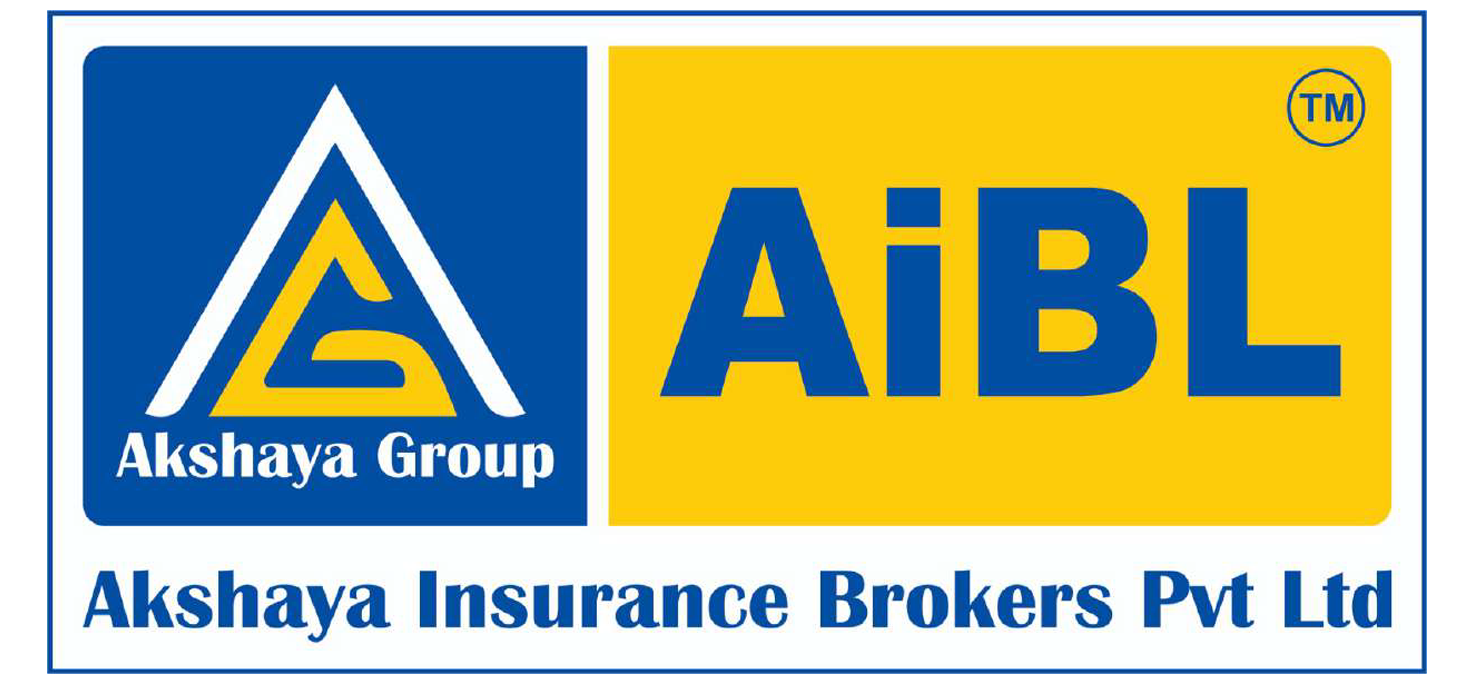Key Responsibilities:
- Client Needs Analysis: Assess the insurance needs of clients by understanding their specific risks, coverage requirements, and financial goals. This involves detailed discussions and evaluations to tailor insurance solutions effectively.
- Market Research: Conduct research to identify suitable insurance products and carriers that align with the client’s needs. This includes comparing various policies, premiums, and terms from different insurers.
- Proposal Development: Create and present detailed insurance proposals to clients, outlining the coverage options, terms, and pricing. Ensure that proposals are clear, comprehensive, and tailored to the client’s needs.
- Negotiation with Insurers: Negotiate with insurance carriers to obtain the best possible terms for clients. This may involve negotiating premiums, coverage limits, and policy terms to achieve favourable conditions.
- Documentation Management: Prepare, review, and manage all documentation related to the placement of insurance policies. Ensure that policies are issued correctly and that all necessary paperwork is completed and filed.
- Compliance and Regulatory Adherence: Ensure that the placement process complies with industry regulations and company policies. Stay informed about changes in regulations and adjust practices accordingly.
- Client Communication: Maintain clear and regular communication with clients throughout the placement process. Provide updates, answer questions, and address any concerns that clients may have.
- Policy Review and Adjustment: Periodically review clients’ insurance policies to ensure they remain appropriate as their needs and circumstances change. Adjust coverage as necessary and handle policy renewals.
- Claims Assistance: Provide support to clients during the claims process, ensuring they understand their coverage and helping them navigate any issues that arise with claims.
- Relationship Building: Develop and maintain strong relationships with both clients and insurance carriers. Build a network of contacts within the industry to stay informed about market developments and new products.Performance Monitoring: Monitor the performance of insurance placements and evaluate the effectiveness of the coverage provided. Use feedback and performance metrics to improve the placement process.
Qualification
Education:
Human Resources: A degree in Human Resources, Business Administration, or a related field is often preferred.
Career Counseling: Degrees in counseling, psychology, or career development can be beneficial, especially for roles involving career advice and guidance.
Experience:
Recruitment: Prior experience in recruitment or talent acquisition is highly valuable. This could include roles in recruiting, staffing, or human resources.
Career Services: Experience in career services, job coaching, or placement counseling is useful for those working in educational or career development contexts.
Certifications:
HR Certifications: Certifications such as the Professional in Human Resources (PHR), Society for Human Resource Management (SHRM) certifications, or similar can be advantageous.
Career Coaching: Certifications from recognized career coaching or counseling organizations can be beneficial for those providing career guidance.
Skills
Communication:
Verbal and Written Communication: Strong skills in both verbal and written communication are essential for interacting with job seekers, employers, and other stakeholders.
Presentation Skills: Ability to present candidates effectively to potential employers or to provide clear advice and information to job seekers.
Interpersonal Skills:
Networking: Building and maintaining relationships with employers, industry professionals, and job seekers is crucial for successful placements.
Empathy: Understanding and addressing the needs and concerns of job seekers to provide support and guidance throughout the placement process.
Sales and Negotiation:
Persuasion: Ability to effectively present and sell candidates to employers, highlighting their strengths and fit for the role.
Negotiation: Skills in negotiating job offers and terms between employers and candidates.
Organization and Time Management:
Tracking and Coordination: Managing multiple candidates and job openings efficiently, tracking application statuses, and coordinating interviews and follow-ups.
Attention to Detail: Ensuring all documentation, resumes, and application details are accurate and up-to-date.
Analytical Skills:
Assessment: Evaluating candidates’ skills, experiences, and fit for specific roles or organizations.
Market Research: Understanding job market trends, salary ranges, and industry needs to better match candidates with opportunities.
Technical Proficiency:
Software and Tools: Familiarity with Applicant Tracking Systems (ATS), job boards, and recruitment platforms. Proficiency in using office software for managing data and communication.
Problem-Solving:
Troubleshooting: Addressing and resolving issues that arise during the placement process, such as mismatches between candidate expectations and employer requirements.
Knowledge of Employment Laws:
Legal Compliance: Understanding relevant employment laws, regulations, and best practices to ensure compliance and avoid legal issues in the placement process.
Cultural Awareness:
Diversity and Inclusion: Recognizing and valuing diversity in the workplace and understanding the importance of inclusion in the hiring process.
Career Development:
Guidance: Providing career advice, resume writing assistance, interview coaching, and other services to help job seekers succeed in their job search.


